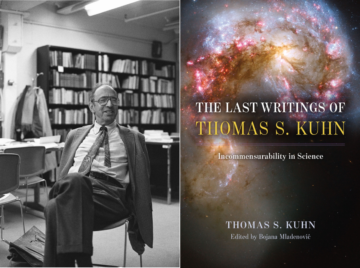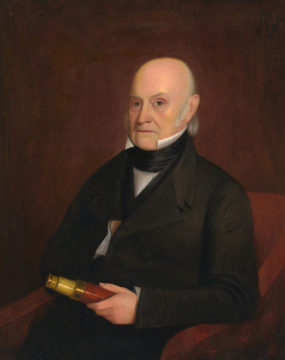by Derek Neal
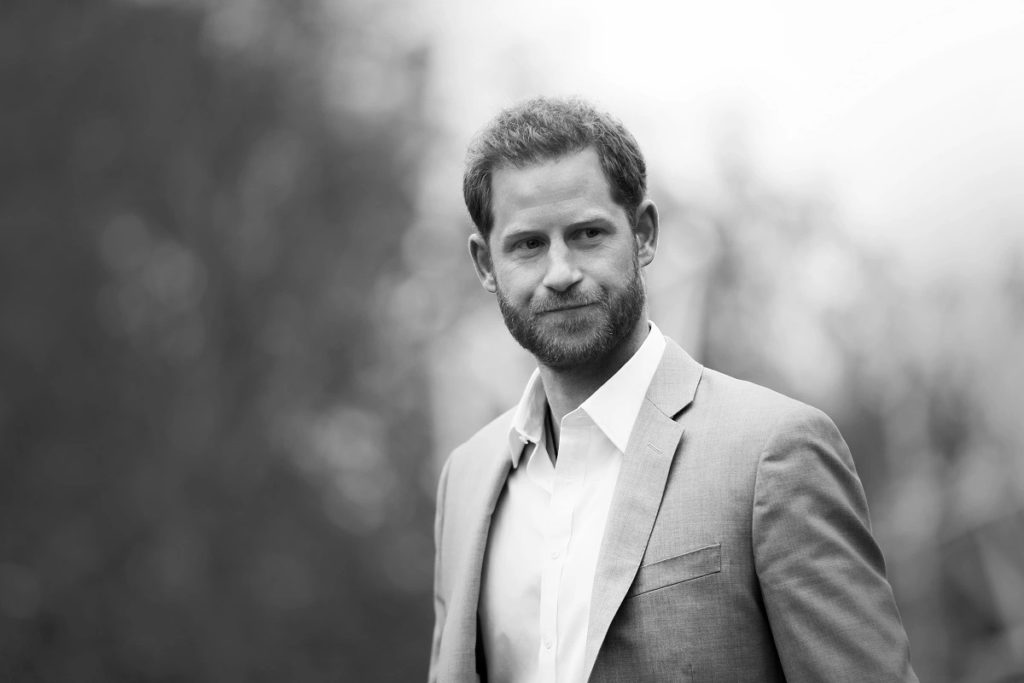 If Joan Didion were alive today, she might write an essay about Prince Harry and include it in an updated version of Slouching Towards Bethlehem. She might write a passage like the one she wrote about Howard Hughes:
If Joan Didion were alive today, she might write an essay about Prince Harry and include it in an updated version of Slouching Towards Bethlehem. She might write a passage like the one she wrote about Howard Hughes:
That we have made a hero of Howard Hughes tells us something interesting about ourselves, something only dimly remembered, tells us the secret point of money and power in America is neither the things that money can buy nor power for power’s sake (Americans are uneasy with their possessions, guilty about power, all of which is difficult for Europeans to perceive because they are themselves so truly materialistic, so versed in the uses of power), but absolute personal freedom, mobility, privacy. It is the instinct which drove America to the Pacific, all through the nineteenth century, the desire to be able to find a restaurant open in case you want a sandwich, to be a free agent, live by one’s own rules.
Didion’s comment about finding a restaurant open for a sandwich comes from a remark she’d heard as an explanation for Hughes buying up real estate in Las Vegas. It may seem a bit much to procure a whole town as a way of ensuring you can get a bite to eat at 3 pm in the afternoon, or 3 am in the morning, but have you ever been to Europe? My first experience of Europe was a year abroad studying in Nice, France. One day, I planned to get together with an American friend for lunch. We figured we’d meet up in the old city center, walk around a bit, then pick a place that looked good. As it happened, we were both running a little late, then we strolled around a bit too long, and finally we walked into a restaurant at about, well, 3 pm. Ever the innocents abroad, we had yet to realize our fatal error. The restaurant was deserted, and we had difficulty finding someone who worked there. Eventually, we did. After we bumbled along in our best French, asking if we could eat there and feeling confused as to why we had to ask, the proprietor cast his cold gaze upon us and proclaimed that, in France, restaurants close between lunch and dinner time. The kitchen, he said, is closed. We were stunned. Were the social conventions truly so strong that they couldn’t be amended for us, two Americans, who just wanted something to eat and secretly felt that we deserved something to eat, as well? Were we really going to be turned away? We had money, after all. Read more »
 In The Art of Revision: The Last Word, Peter Ho Davies notes that writers often have multiple ways to approach the revision of a story. “The main thing,” he writes, “is not to get hung up on the choice; try one and find out. … Sometimes the only way to choose the right option is to choose the wrong one first.” I’m easily hung up on choices of all kinds, and I read those words with a sense of relief.
In The Art of Revision: The Last Word, Peter Ho Davies notes that writers often have multiple ways to approach the revision of a story. “The main thing,” he writes, “is not to get hung up on the choice; try one and find out. … Sometimes the only way to choose the right option is to choose the wrong one first.” I’m easily hung up on choices of all kinds, and I read those words with a sense of relief.
 A friend just sent me a copy of materials that the Cornwall Alliance is sending to its supporters. Here is an extract [fair use claimed]:
A friend just sent me a copy of materials that the Cornwall Alliance is sending to its supporters. Here is an extract [fair use claimed]:


 Recently, I asked the students in my class whether they had used
Recently, I asked the students in my class whether they had used 


 Sughra Raza. Untitled. Rwanda, January 2023.
Sughra Raza. Untitled. Rwanda, January 2023.
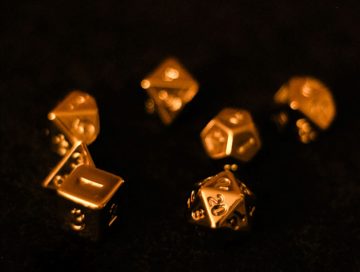
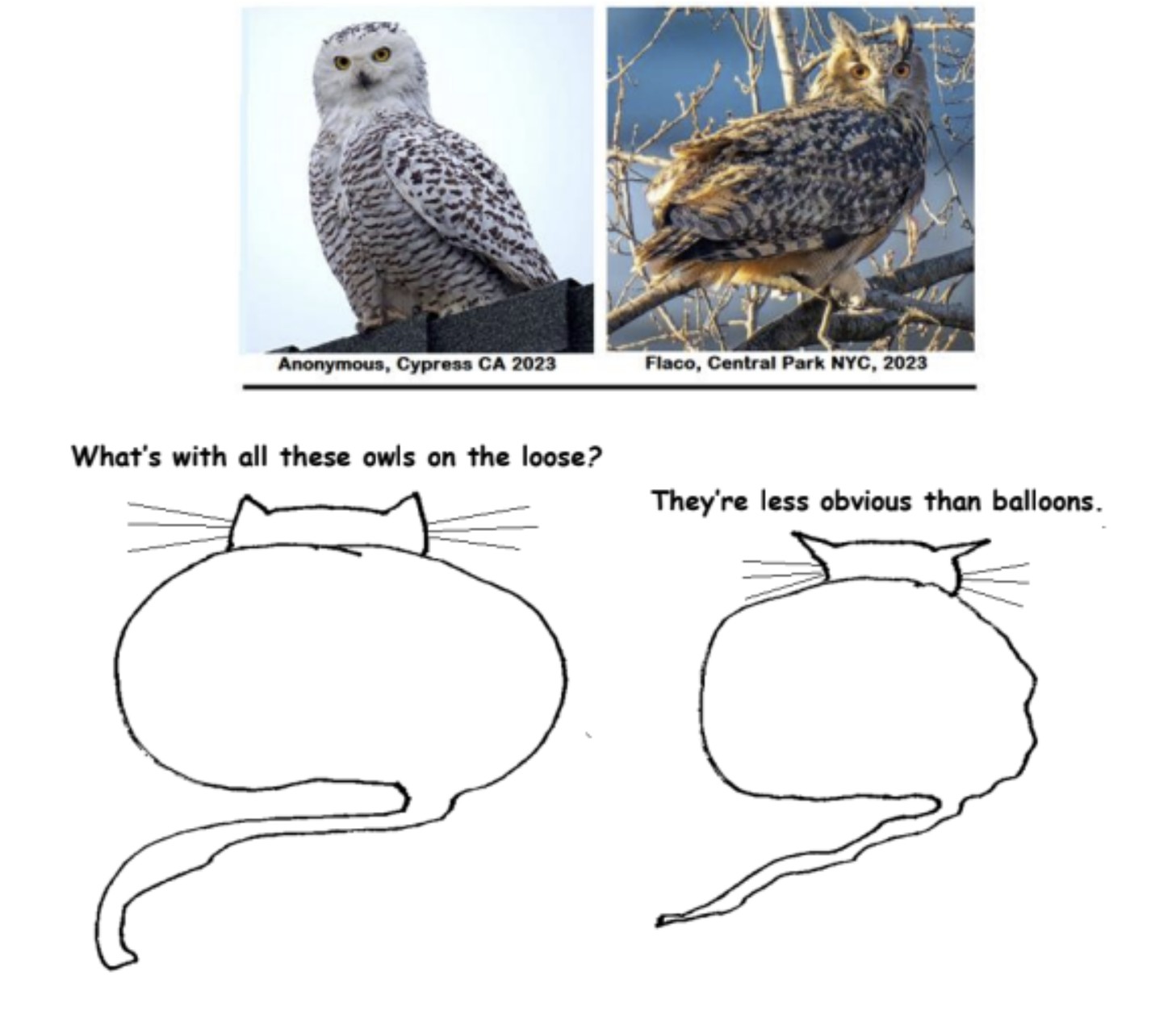

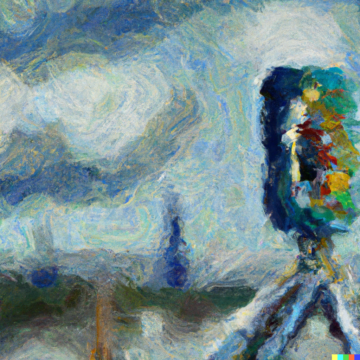

 If Joan Didion were alive today, she might write an essay about Prince Harry and include it in an updated version of Slouching Towards Bethlehem. She might write a passage like the one she wrote about Howard Hughes:
If Joan Didion were alive today, she might write an essay about Prince Harry and include it in an updated version of Slouching Towards Bethlehem. She might write a passage like the one she wrote about Howard Hughes: